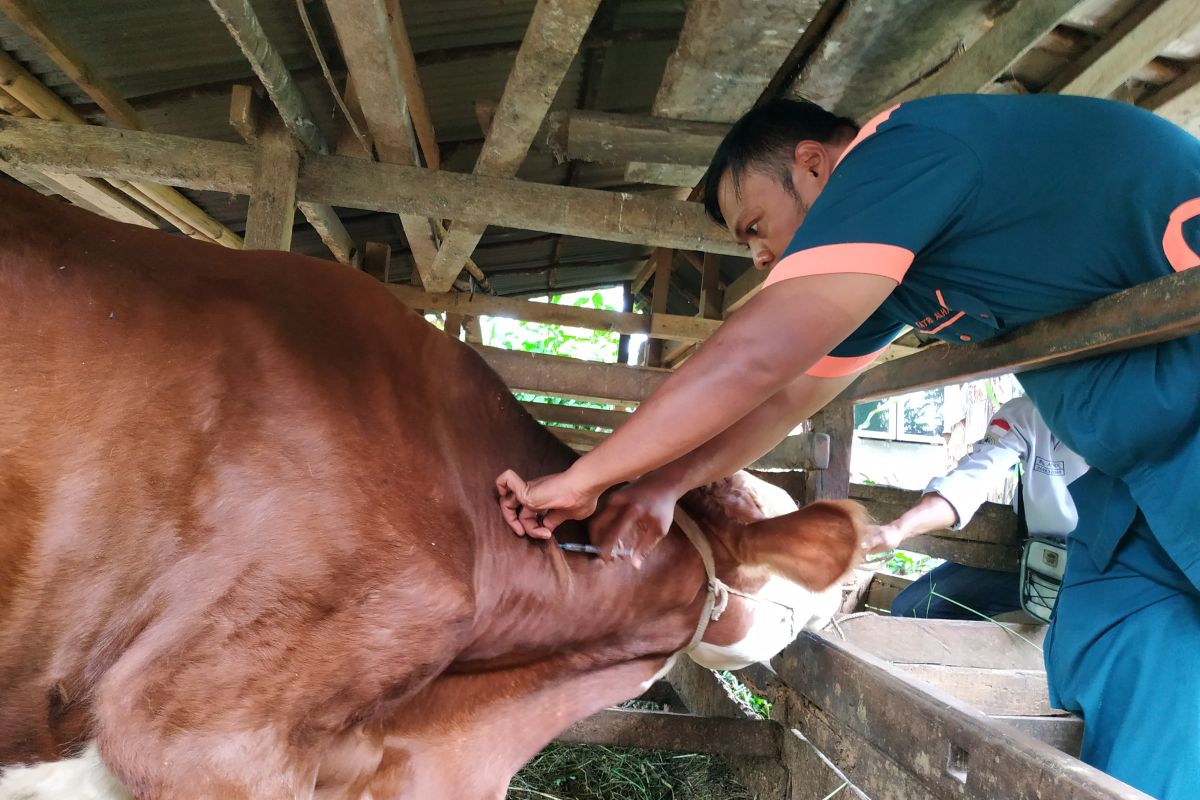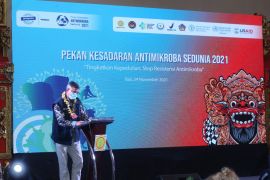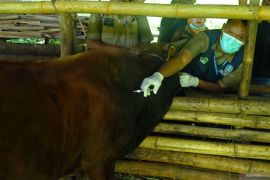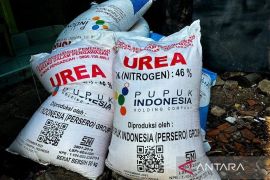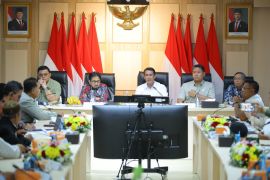"This declaration is a form of commitment and concrete step from the industry for the National Action Plan for Controlling Antimicrobial Resistance for 2020–2024,” director general of livestock and animal health at the ministry, Nasrullah, said here on Tuesday.
Microbes are expected to become the leading cause of death in the world by 2050, he noted. It has been predicted that AMR may cause 10 million deaths.
AMR could also impact the global economy: it is estimated to cause losses of up to US$100 trillion by 2050.
Meanwhile, antimicrobial resistance can threaten livestock productivity and hinder food provision for the community, thereby, disrupting food security. Therefore, Nasrullah said that strategic measures are needed for controlling antimicrobial resistance.
The ministry has devised five measures to tackle AMR: the first is committing to the wise and appropriate use of antimicrobials, including in terms of the correct type and dosage.
The second is improving biosecurity and vaccinations to reduce infection rates. Third, reducing the use of antimicrobials on farms and implementing good waste management.
The fourth is investing in reducing the rate of antimicrobial resistance, and the fifth is encouraging collaboration between the industry and academicians on sharing data and information related to antimicrobial resistance.
"Antimicrobial resistance not only impacts the increasing challenges of animal health management but also threatens public health because bacteria resistance can spread through the food chain," Nasrullah said.
Meanwhile, improving the capacity to prevent, detect, and respond to antimicrobial resistance (AMR) has been listed as one of the main actions outlined in the technical document produced at the 2nd G20 Health Ministerial Meeting (HMM).
Related news: 2nd G20 HMM outlines 6 actions to improve global health architecture
Related news: One Health approach vital to address antimicrobial resistance: G20
Translator: Aditya R, Kenzu
Editor: Rahmad Nasution
Copyright © ANTARA 2022
